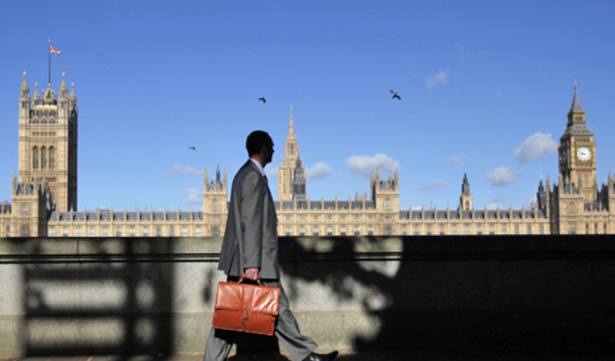Table 1: Amounts subscribed (£millions)
| Cash | Stocks and shares | Innovative Finance | Lifetime Isa | Total | |
| 2015-16 | 58,694 | 21,129 | 79,823 | ||
| 2016-17 | 39,191 | 22,325 | 36 | 61,552 | |
| 2017-18 | 39,801 | 28,702 | 290 | 517 | 69,310 |
Source: HMRC
Mr Lowcock says this has become too complicated, and people should just be able to save into an Isa, and suggests that perhaps pension legislation should be fixed to encourage more people into long-term saving.
"Big parts of the population can't afford to save into an Isa, and the government is trying to get the Lifetime Isa to encourage more saving," he explains.
"But it should be linked to stuff that's more relevant to them. The tax benefits and structure are quite attractive but, to me, it felt it was halfway between a pension and an Isa.
"I would just keep a simple suite of products - a pension Isa would have been better than a Lifetime Isa."
Kneejerk reaction?
One of the newer Isas launched by Mr Osborne was the Innovative Finance Isa, allowing investors to invest money via a P2P platform, and to put their savings into an Isa.
There have been criticisms that this is encouraging people to invest in risky loans that offer a good return, but which could involve the investor losing some of their money.
Frazer Fearnhead, chief executive of The House Crowd, says, on his platform, investors put money into a range of loans as a means of diversification.
"It has a targeted return of 7 per cent. If the borrower defaults we do have a provision fund of 10 per cent, which would cover 10 per cent of any loss," he notes.
"Cash Isas are paying quite poor returns that don't keep up with inflation, and stocks and shares Isas fell by about 12.5 per cent in 2018. If people had money in their Isas they lost 12.5 per cent, they would have to gain 15 per cent to make up the losses."
He continues: "People have been looking for an alternative to cash. With the Ifisa, clearly there are risks, but I consider them to be less risky than a stocks and shares Isa. People want consistent returns without that volatility of investing in equities.
"We make it clear as to how the property is secured, and we're lending up to a certain LTV, which is 75 per cent. We do point out that their capital is at risk, and if the borrower does not repay the loan we do repossess the property."
However, Mr Lowcock believes the Ifisa was a bit premature, coming to a market that had not yet fully developed.
He says: "It felt like a kneejerk reaction to a developing industry, and validating an industry before it was ready to be validated.
"If that sort of product was fine to be put into an Ifisa then it was alright to be put in an Isa. Why do you need a separate Isa?"






